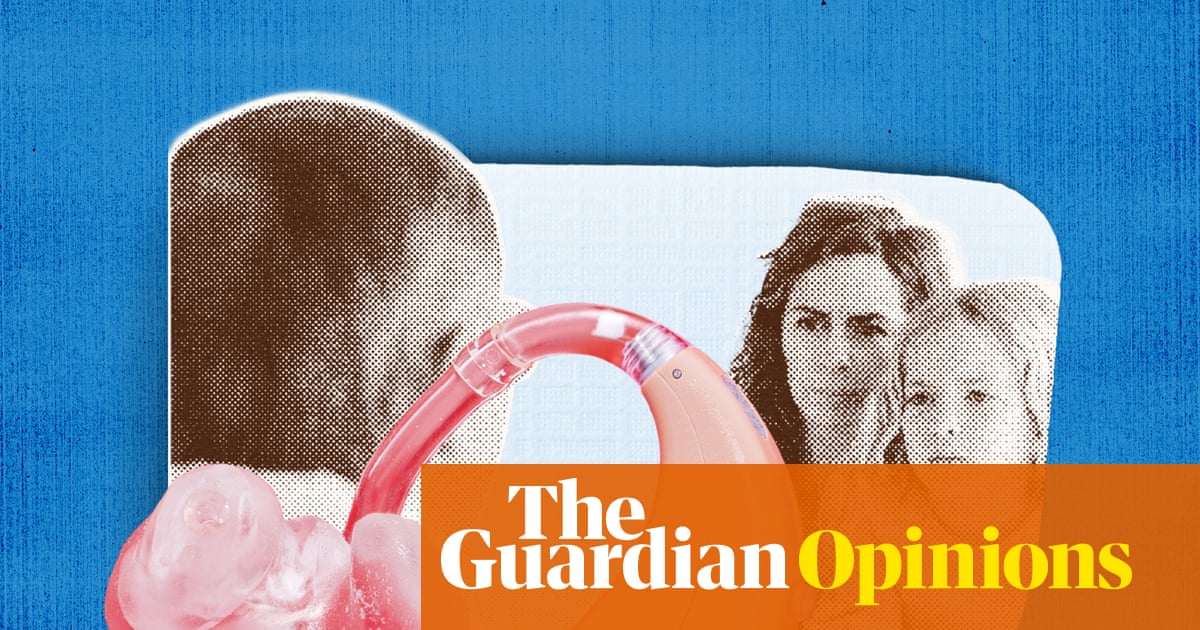
"I should not have been surprised by what the audiologist was saying to me and my husband. Hearing loss runs in my family. My mother was profoundly deaf, and so were my grandfather and great uncles. And yet when we were told our daughter had a moderate to severe hearing loss and would have to wear hearing aids for the rest of her life, I felt as if I had been hit by a bus. I was dead."
"It was 1996, and we were sitting in a spartan doctor's office in downtown New York. It wasn't a warm and cozy environment like our paediatrician's there were no pictures of dinosaurs on the walls or puzzles strewn about. No low, cushioned seats for the kids to sit on. The consulting room was dark, with one blinking fluorescent light, a metal desk and a couple of wooden chairs."
A woman with a family history of deafness learns her two-year-old daughter, Zoe, has moderate-to-severe hearing loss requiring hearing aids for life. The diagnosis in 1996 in a utilitarian downtown New York clinic triggers intense grief and disbelief, despite the family's past experiences with profound deafness. Zoe shows confident, colorful behavior at home but becomes painfully shy outside, prompting the referral. The mother is struck by the size and visibility of the behind-the-ear aids and worries about stigma and social acceptance. The clinic's sparse surroundings contrast with its mission to care for people with hearing loss, and the audiologist's response leaves a lasting impression.
Read at www.theguardian.com
Unable to calculate read time
Collection
[
|
...
]